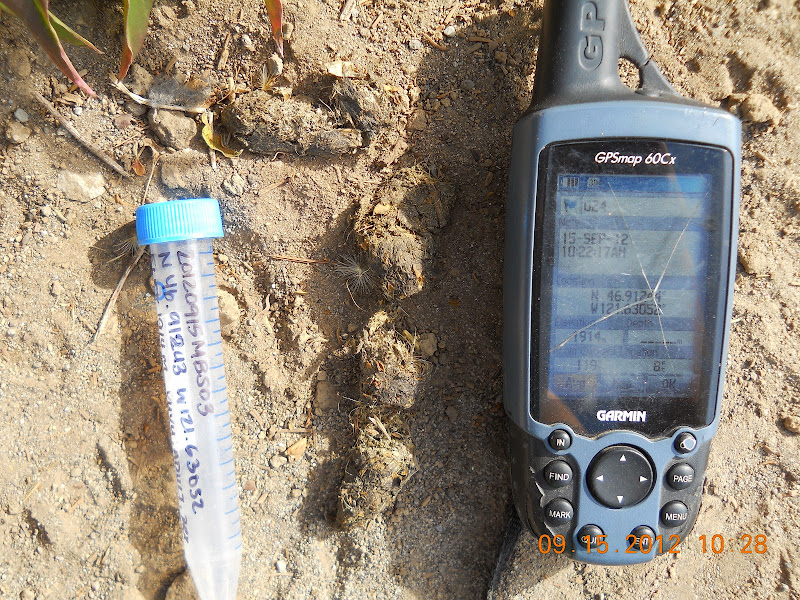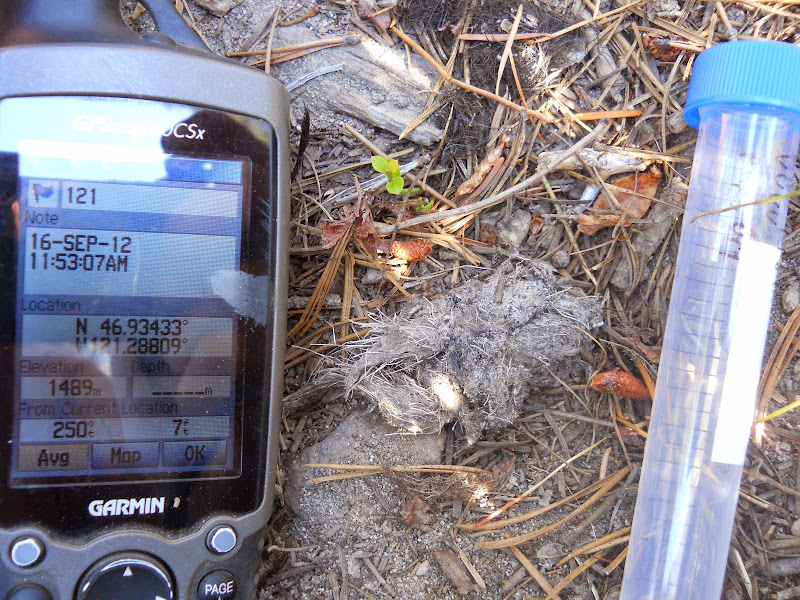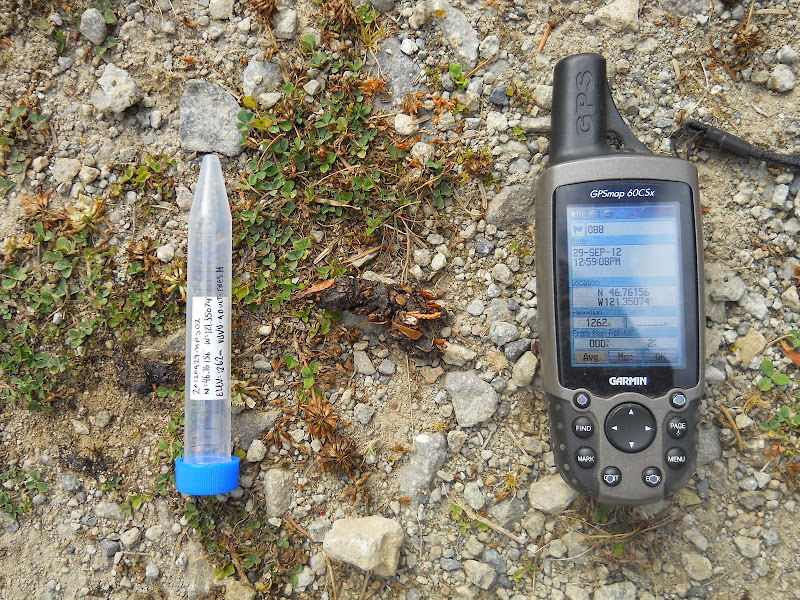12.19.2014
More cats
Here are a couple great photos of bobcat from a station in the Badger Creek Wilderness and a second in lower elevation, open forest that are run by Cascadia Wild and Paul Halliday.
12.03.2014
First snowy winter shots from Mt Hood National Forest: Cats, cats, cats
Bobcat streaking through deep snow off Gumjuac Trail
Bobcat peering through rain drops near Teacup ski trails.
Below: A series of shots of a mountain lion chomping on the bait.
10.31.2014
Getting back our first camera station photos of the winter season
Bobcat in Pocket Creek area
Another bobcat in Pocket Creek area
Two mountain lions near Gumjuac Ridge
10.10.2014
A reminder of what's to come......
Seeing as we are gearing up to set cameras targeting winter wildlife, I thought I would post a photo from late last winter (March 2014) as a reminder of the snow and winter fun to come. I know, I know, its gorgeous fall weather right now. But its exciting to have cooler weather and a change of seasons.

10.02.2014
What does Cascade red fox scat look like? Here are some photos of scats that have had mtDNA sequencing.
Red fox scat has rounded ends that are tapered (not twisty) and is often segmented. It is similar to domestic dog scat but much smaller and often filled with berries, hair, bones, grass, etc.
It is approximately 0.25 to 0.5 inches (1cm) in diameter – the same
diameter as a pinky finger – and 1 to 4 inches (2 to 10cm) long. If it is a little
larger, it may still be fox. If it is smaller (American marten size but without twisty ends), it could be a
fox pup.
Below are some photos of Cascade red fox scats as confirmed by DNA analysis.
Below are some photos of Cascade red fox scats as confirmed by DNA analysis.
10.01.2014
Current Trail Priorities
Fall is here, winter is on the way. If you are interested in collecting scats through November, consider one of the following hikes:
Indian Heaven
Mt Hood
- Cultus Creek TH to PCT (1.5 mi), and S on PCT as far as you want to go
- PCT from Crest Horse Camp (FS60) to Berry Mountain (10 mi RT)
- Trail 111: Thomas Lake TH to Little Rock Lake (or Blue Lake)
- Trail 171: Indian Racetrack and on to PCT junction
Mt Adams
Dark Divide
- Riley Trail to Crystal Lake
- Shorthorn Trail
- Gotchen Trail
Dark Divide
- Elk Pass to Badger Lake or Badger Peak - approx. 7 miles RT (Dark Divide Roadless Area)
Goat Rocks
- Conrad Meadows Loop
- Jordan Creek TH to Goat Lake
Mt Rainier
- Tipsoo Lake Loop
Norse Peak Wilderness
- Bullion Basin - approx. 7 mile loop (Crystal Mountain area)
What does a coyote scat look like? Here are some photos of scats that have had mtDNA sequencing.
Next in our scatology series..... the mighty coyote. The western coyote, that resides here in the Cascade Range, is significantly smaller than the eastern coyote so their scats are smaller as well.
Most scat identification books, such as Mark Elbroch's Mammal Tracks and Sign give a size range of 0.75 and 1.5 inches diameter. It is generally segmented with tapered end (not twisty ends like a weasel, or blocky ends like a bobcat).
Below are some photos of coyote scats as confirmed by DNA analysis.
Most scat identification books, such as Mark Elbroch's Mammal Tracks and Sign give a size range of 0.75 and 1.5 inches diameter. It is generally segmented with tapered end (not twisty ends like a weasel, or blocky ends like a bobcat).
Below are some photos of coyote scats as confirmed by DNA analysis.
Subscribe to:
Comments (Atom)


































































